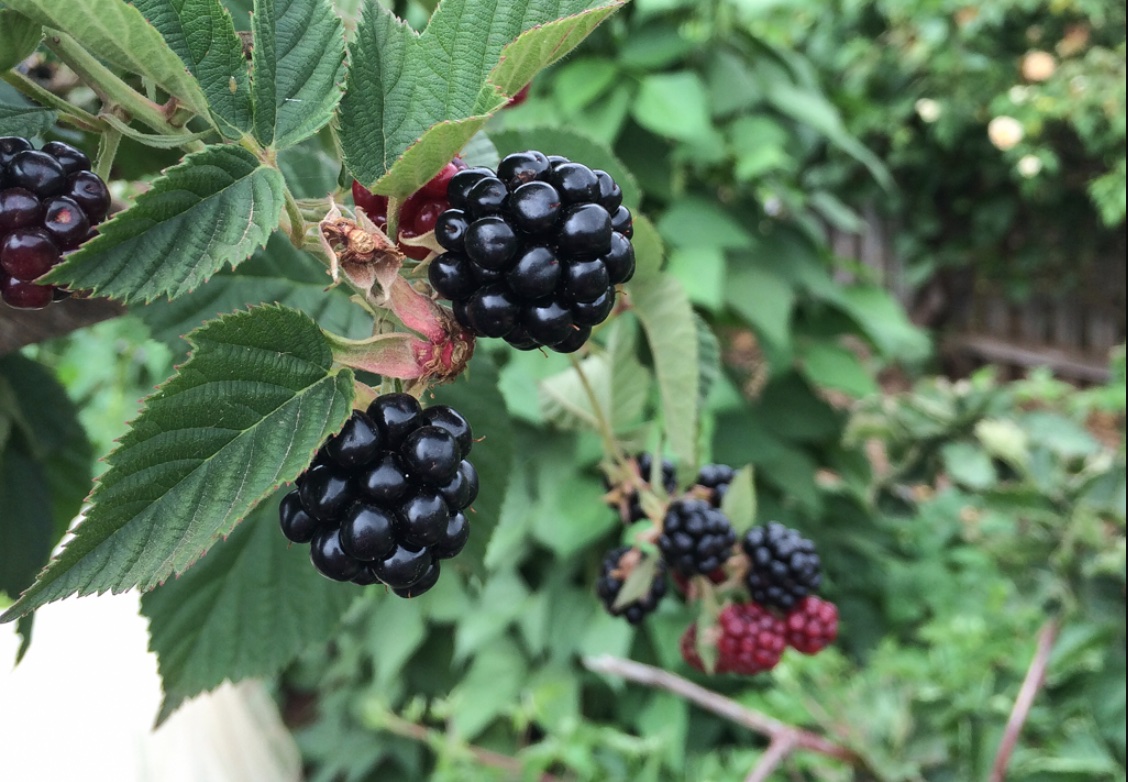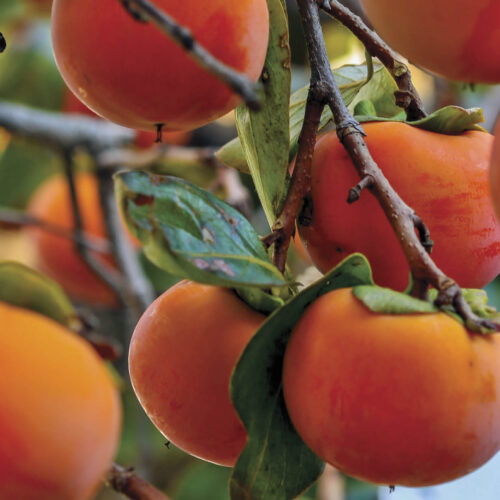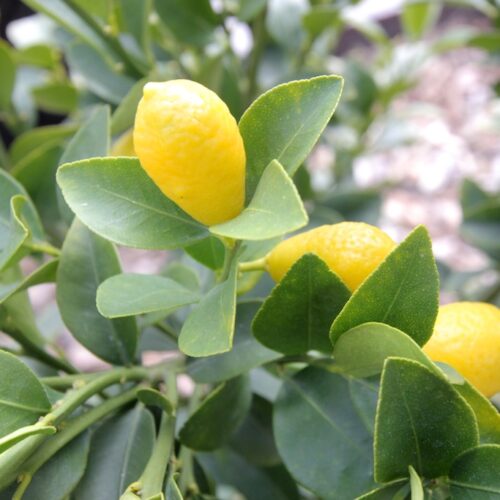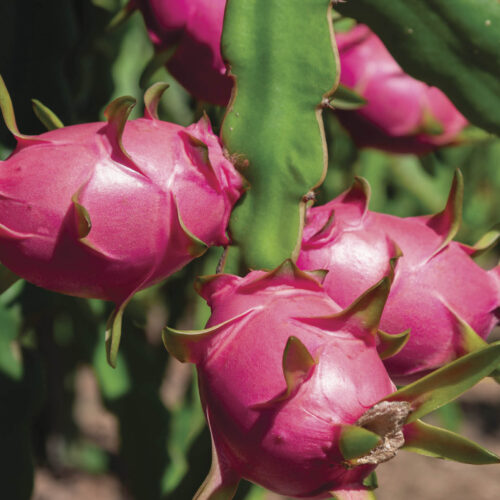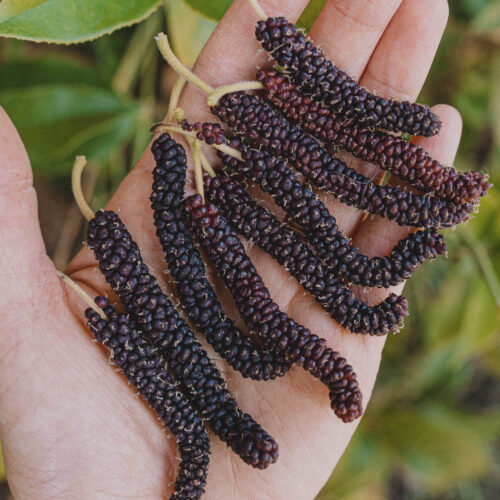Growing blackberries in abundance
2022-01-10T00:39:57+11:00
Summer is time for fresh berries and Justin Russell tells us we can grow them in our backyards in abundance - a chance to ditch the plastic and have your own supply!
Down the hill from my place, in damp spots alongside the creek, grow epic blackberry thickets. The plants thrive in the moist, acidic soil and relish our district’s frosty winters, producing masses of flowers in late spring that turn into huge crops of berries before Australia Day. From time to time we jump the creek and pick bucketloads of fruit from a secret spot in a neighbour’s paddock, braving thorn shredded skin for the privilege of eating what has to be one of the most delicious foods in our wild larder.
Blackberry picking is a bit trendy at the moment, but you know what? In all honestly, I’d rather avoid the bleeding arms and legs and pick equally tasty fruit from plants growing in my backyard larder. These plants are thornless blackberries, so picking them is sheer pleasure. They don’t sucker as readily as wild blackberries, are more demure in their behaviour and won’t sprawl into impenetrable thickets, but are just as prolific as their wild ancestors.
My favourite variety is ‘Waldo’. Its fruit ripens just in time for Christmas, and the fat, sweet berries invariably end up crowning a festive pav. A few weeks later, ‘Chester’ is ready to harvest. It’s also thornless but a shade more vigorous than Waldo, producing longer canes and suckering more readily. The trade off for this increased vigour is an incredibly generous crop of berries. Our three plants produce more than enough for my household, so we freeze the berries for use during winter and always have plenty left over to giveaway to friends.
Apart from the flavour, this generosity is what I love most about growing fruit like blackberries. There’s a widespread myth, perpetuated by the industrial food system, that growing your own is all about scarcity. Many people have been duped into believing that we’re all one poor harvest away from starvation. In my experience this is plain wrong. My household almost always has a surplus of something or other throughout the year, and hardly a month goes by when we aren’t flush enough to give fresh or preserved produce away.
If you want to experience food poverty, make yourself a slave to the system. Conversely, grow a decent proportion of your food and you’ll experience not just freedom, but abundance.
This blog was written in January 2015.

